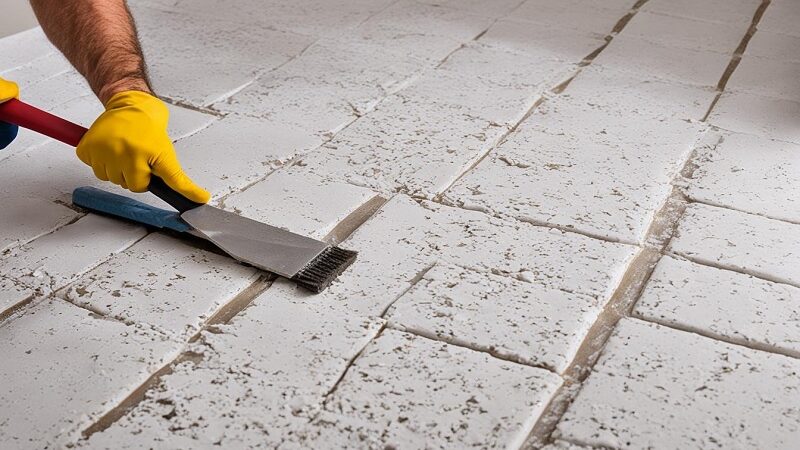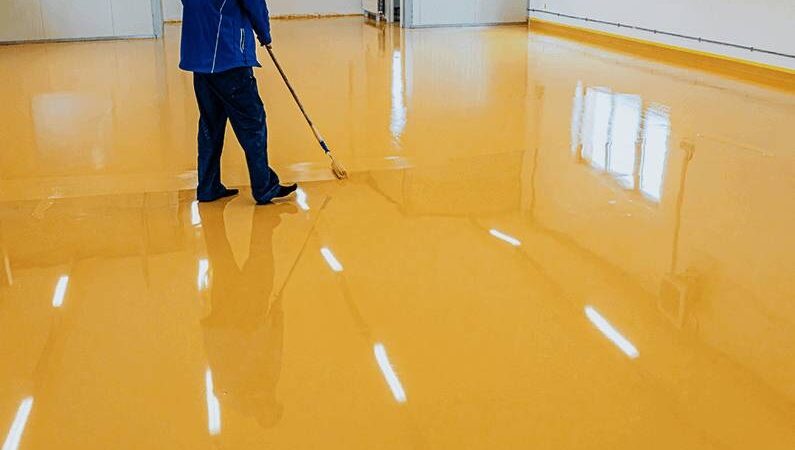Wall Fan Safety Tips: Ensuring Safe and Efficient Operation

Wall fans are a practical and space-saving solution for cooling in homes, offices, and various indoor spaces. Their versatility, combined with their ability to provide effective air circulation, makes them a popular choice. However, like any other electrical appliance, ensuring the safe operation of a wall fan is crucial to avoid accidents or malfunctions. This article will cover essential safety tips for maintaining and operating your wall fan efficiently, ensuring both safety and longevity.
1. Correct Installation for Stability
One of the primary safety concerns with a wall fan is ensuring that it is installed correctly and securely. Since wall fans are mounted at an elevated position, a loose or incorrect installation could cause the fan to fall, leading to accidents or injuries.
When installing a wall fan, ensure that the mounting bracket is affixed to a sturdy wall surface using the correct type of screws and tools. The weight of the fan should be evenly distributed to avoid putting too much pressure on one side, which could cause it to wobble or fall. It’s also essential to regularly check the screws and mounting hardware to make sure everything remains tight and secure.
2. Ensure Proper Wiring and Electrical Safety
Since wall fans are connected to the main electrical system, improper wiring can lead to short circuits, electrical fires, or malfunctions. It is recommended to have a licensed electrician handle the installation to ensure that the fan is wired correctly.
Always use standard power cables and ensure the wall fan is connected to a dedicated power outlet, especially if the fan has additional features like remote control or oscillation. Avoid overloading the outlet with multiple devices, as this can lead to overheating or even electrical hazards.
3. Keep the Blades Clean for Smooth Operation
Dust accumulation on the blades of a wall fan can significantly reduce its efficiency and can pose a safety risk. Dust buildup not only hampers the fan’s airflow but can also put strain on the motor, which could cause it to overheat.
Cleaning the blades regularly is essential for maintaining smooth operation. Unplug the fan before cleaning, and use a soft, damp cloth to gently wipe down the blades. For fans with grills, ensure that the grills are cleaned as well. A dirty wall fan will have to work harder, consuming more energy and potentially shortening its lifespan.
4. Avoid Overheating by Giving the Fan Rest Intervals
Continuous usage of any electrical appliance without giving it proper rest can lead to overheating, and wall fans are no exception. To ensure your fan’s motor doesn’t overheat, it’s a good practice to turn it off after extended periods of usage.
If your wall fan comes with an adjustable speed feature, using it at medium or low speeds when possible can also help prevent overheating. Investing in fans that come equipped with thermal overload protection can provide an additional layer of safety, as they automatically shut off if the motor becomes too hot.
5. Maintain Distance from Obstructions
Wall fans are designed to circulate air effectively in open spaces. Placing large objects such as furniture or curtains too close to the wall fan can block airflow and reduce its cooling efficiency. Moreover, obstructions near the fan could get entangled in the fan’s blades, leading to potential damage or accidents.
Ensure there’s sufficient clearance around the fan, especially near the blade area. For wall fans that oscillate, make sure there’s ample space for the fan to rotate freely without hitting any obstacles.
Conclusion
By following these safety tips, you can ensure that your wall fan operates efficiently and remains a safe part of your home or office cooling system. From ensuring proper installation and wiring to keeping the fan clean and well-maintained, these simple steps can prevent accidents, extend the fan’s life, and ensure optimal performance.
Incorporating wall fans into your cooling solutions offers a compact and efficient way to circulate air, but safety should always come first. Proper usage and regular maintenance will not only keep your wall fan running smoothly but also provide peace of mind.







